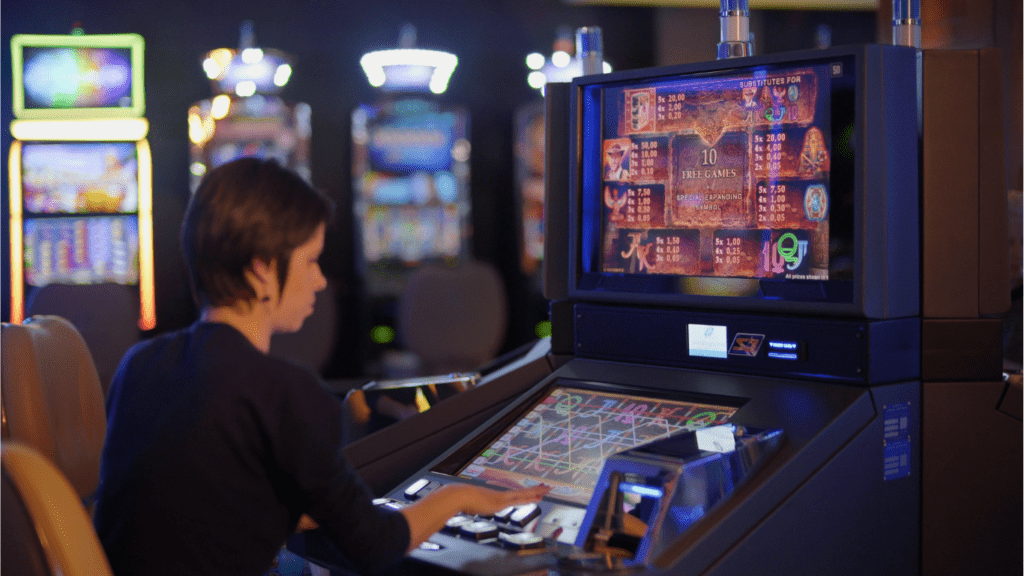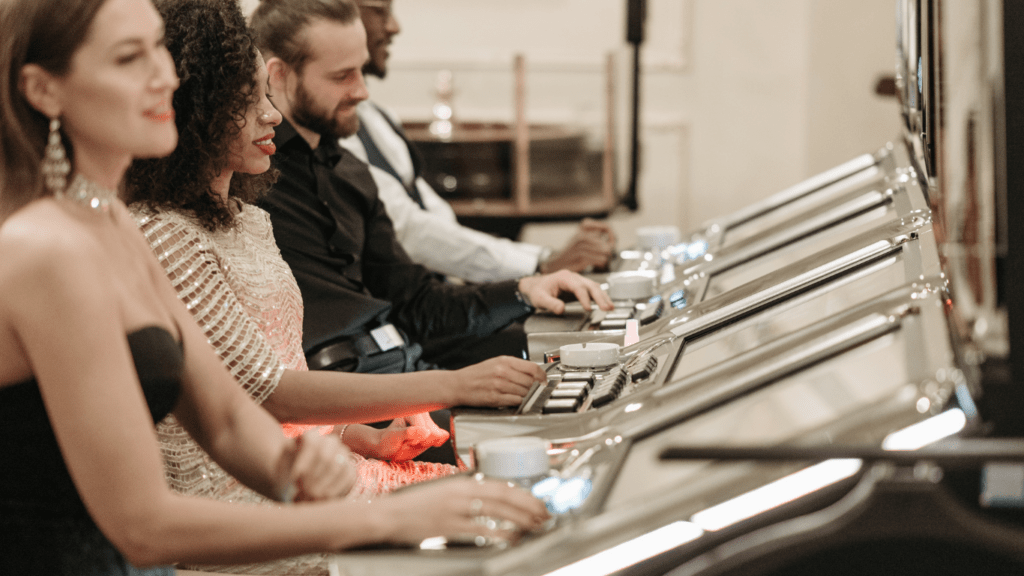Understanding Slot Machine Myths
Many players often believe that certain slot machines cycle through periods of being “hot” or “cold”, implying machines either pay out frequently or rarely. This idea persists despite lacking factual support. In truth, each spin on a slot machine operates independently, thanks to a Random Number Generator (RNG). This RNG ensures each outcome is random, with no connection to previous or future spins.
Casinos program slot machines with specific payout percentages over time, known as Return to Player (RTP). For instance, if a machine has an RTP of 95%, it’s designed to return $95 of every $100 wagered, but this figure emerges over millions of spins, not during short sessions. Thus, the perception of a machine being “hot” or “cold” is more likely due to chance.
Applying logic to slot play involves understanding odds, not relying on anecdotal myths. Experienced players know random outcomes drive results more than machine temperature. Misinterpreting these myths can lead to frustration and misguided strategies in casinos.
What Are ‘Hot’ and ‘Cold’ Slot Machines?
The terms “hot” and “cold” slot machines stem from the belief that slot machines go through cycles of paying out or not. A “hot” machine is often seen as one that’s paying out frequently during a particular period. Conversely, a “cold” machine is perceived as one that’s not providing wins for an extended duration.
These perceptions arise from players’ attempts to find patterns in randomness. Casinos rely on Random Number Generators (RNGs) to ensure each spin’s outcome is independent and unpredictable. This means previous wins or losses don’t affect the machine’s future results. The payout frequency can vary, but such variations occur randomly and are not predetermined by a machine’s state of being “hot” or “cold.”
While players identify machines as “hot” or “cold,” it’s essential to remember that these labels are subjective. The programmed Return to Player (RTP) percentage determines a machine’s long-term payout rate, but it doesn’t influence short bursts of luck. Understanding the independence of each spin and the role randomness plays in slot outcomes shifts focus away from myths and onto the mechanics that guide slot machines.
The Psychology Behind Perceptions
Perceptions of “hot” and “cold” slot machines stem from psychological factors that often influence gambling behavior. These perceptions are not merely based on chance; they’re deeply rooted in cognitive biases and misunderstandings about randomness.
Cognitive Bias and Gambling

Cognitive biases significantly affect how players perceive slot machine outcomes. Anchoring bias, for example, leads us to rely heavily on the first piece of information we encounter, such as an initial win, creating expectations of continued success. Similarly, the gambler’s fallacy refers to believing that future outcomes are influenced by past events, such as expecting a “cold” machine to eventually turn “hot.” These biases cloud rational judgment and perpetuate myths about payout patterns.
The Role of Randomness
- Randomness plays a critical role in slot machine outcomes.
- Each spin result is a product of a Random Number Generator (RNG), ensuring every spin is an independent event without influence from previous spins.
- Despite this, players often attempt to decode patterns, mistaking random sequences for signals of “hot” or “cold” phases.
- This misunderstanding reinforces the belief in streaks, even though slot machines operate on algorithms designed to ensure fairness and unpredictability in every outcome.
Slot Machine Algorithms
Slot machines primarily rely on algorithms to ensure fair and unpredictable outcomes. These algorithms underpin the belief systems surrounding “hot” and “cold” machines.
How Slot Machines Really Work
- Slot
- Player (RTP)—into these games, indicating long-term winnings rather than short-term successes.
- All this dispels myths of streaky performances.
The Impact on Casino Gaming
Misconceptions surrounding “hot” and “cold” slot machines significantly affect player behavior in casinos. These beliefs lead players to make betting decisions based on perceived streaks rather than statistical facts. As I observe, players often gravitate towards machines seen as “hot,” believing these machines are more likely to pay out, while they avoid “cold” ones, fearing losses. This behavior alters the dynamic on casino floors, influencing machine selection and overall player distribution.
The adherence to these myths impacts casino revenue and player satisfaction. Casinos benefit when players engage with a variety of games, as it diversifies their bets and potential earnings. However, when players focus on identifying “hot” machines, it may result in less interaction with available games, concentrating gameplay on a limited number. While this concentration seems advantageous to the casino, it may shortchange players seeking fair opportunities for entertainment and potential wins.



 Founder of Key Gamble Lucky, Erniest Adkinseler is dedicated to providing in-depth gambling news, debunking common myths, exploring the dynamics between luck and skill-based games, analyzing the psychology of luck, and offering the latest legal updates in the gambling industry. With a deep passion for unraveling the complexities of gambling, Erniest strives to create a platform that educates and empowers players. Through insightful analysis and expert commentary, Erniest aims to equip readers with the knowledge and confidence they need to make informed decisions and navigate the world of gambling more responsibly.
Founder of Key Gamble Lucky, Erniest Adkinseler is dedicated to providing in-depth gambling news, debunking common myths, exploring the dynamics between luck and skill-based games, analyzing the psychology of luck, and offering the latest legal updates in the gambling industry. With a deep passion for unraveling the complexities of gambling, Erniest strives to create a platform that educates and empowers players. Through insightful analysis and expert commentary, Erniest aims to equip readers with the knowledge and confidence they need to make informed decisions and navigate the world of gambling more responsibly.